Ideology is what drives the success and failure of empires. It’s what made the United States the most powerful nation on earth, and what might end up bringing it down. The greatest blunders of US foreign policy over the past century were driven by ideology: a belief in America as the defender of freedom and democracy around the world. The last three presidents, in their own very different ways, sought a return to pragmatism, national interest and problem-solving. But America’s ideological mindset might prove too powerful to overcome, writes Alex Roberto Hybel.
Ideology helps build and destroy empires. Its latest victim is the United States.
It is assumed that an aspiring empire will seek to change the international system through territorial, political expansion until the marginal costs of further change are equal or greater than the marginal benefits. The assumption is incorrect. Throughout history, any actor seeking to become an empire has been guided by an ideology of its own making, one that through time became so engrained in the mindset of its leaders that it prevented them from grasping the moment the marginal costs of further change were greater than the marginal benefits. Such failure has engendered their downfall. For more than five decades the United States was aggrieved by the same ill – a blind commitment to ideology that helped it become an empire but ultimately undermined its capacity to avert its own downward spiral.
The nature of political ideology
Politics is about interests; but interests are rooted in values, beliefs, and ideas. Ideology operates as the mean to express them. According to Mustafa Rejai, a “political ideology is an emotion-laden, myth-saturated, action-related system of beliefs and values about people and society, legitimacy and authority, that is acquired to a large extent as a matter of faith and habit. The myths and values of ideology are communicated through symbols in a simplified, economical, and efficient manner. Ideological beliefs are more or less coherent, more or less articulate, more or less open to new evidence and information. Ideologies have a high potential for mass mobilization, manipulation, and control; in that sense, they are mobilized belief systems.”
The initial definition of a problem has a decisive effect on the alternatives considered and the decision reached.
As Amos Tevrsky and Daniel Kahneman have shown, the initial definition of a problem has a decisive effect on the alternatives considered and the decision reached. Mindset - the beliefs, assumptions, and rules of behavior adhered to by one or more individuals, groups of people, a community, or a nation - create powerful incentives to accept an existing definition of a problem, behavior, choice, or tool, and in turn to prevent the consideration of alternative definitions, behaviors, choices, or tools. Mindsets can help solidify and protect a system of social dominance, or they can lead to its destruction. Every American president has been influenced by one or more mindsets – his own, his predecessor’s, Washington’s and possibly, in a broader sense, America’s. Theoretically, these mindsets differ; in practice they are seldom totally at odds with one another.
The Truman Doctrine and America’s foreign policy ideology







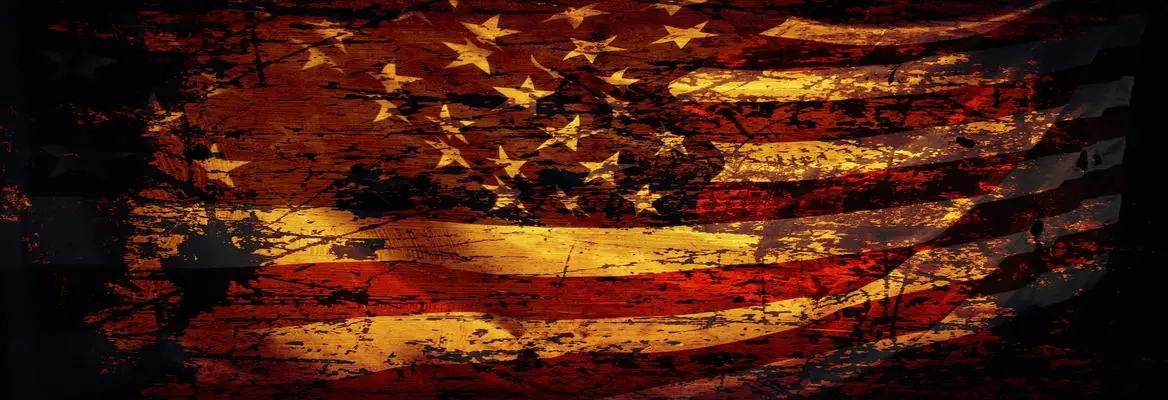


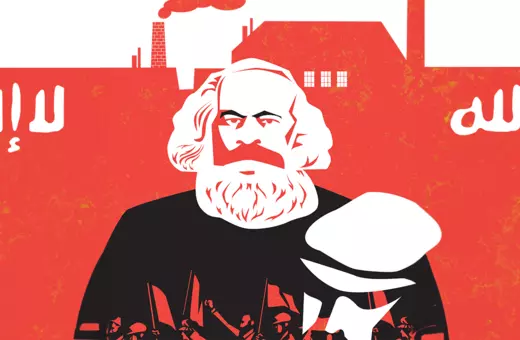
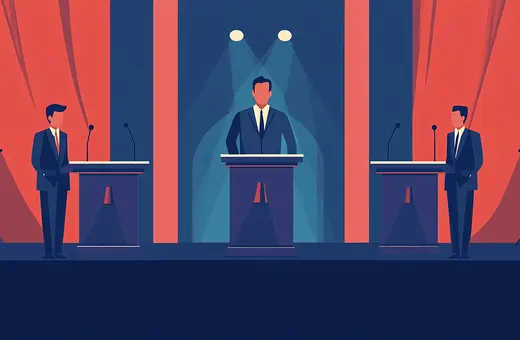
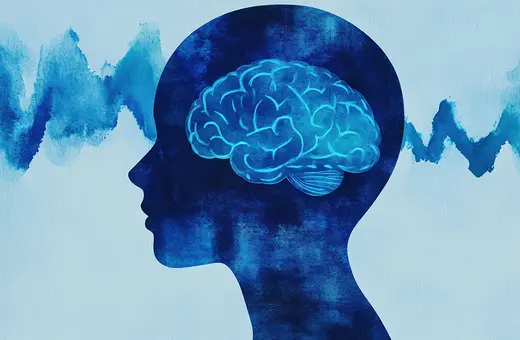
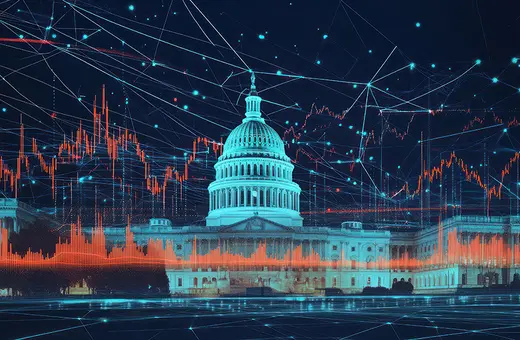

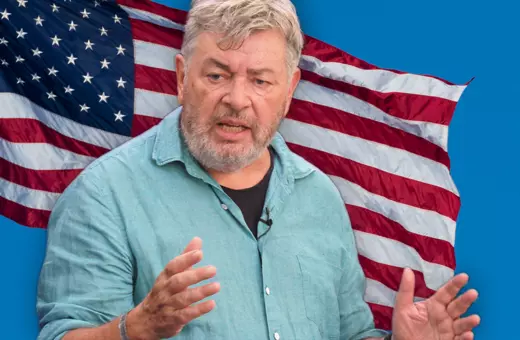




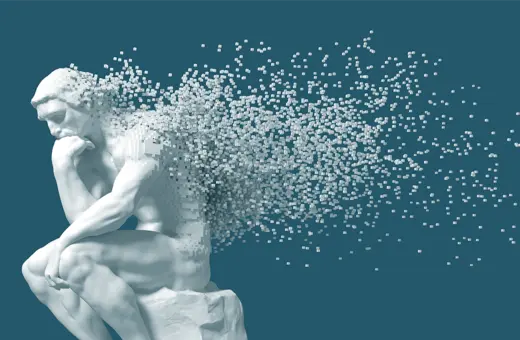
Join the conversation